
How to Renew Your Cosmetology License in Arizona, Colorado, and Utah
Every state has a different set of requirements for esthetician licensing. This includes Utah, Colorado, and Arizona, all of which are home to Inspire Greatness Aveda Institutes. Most states charge a small fee to renew your cosmetology license and a larger fee if you let your license expire. Sometimes, you will need to complete additional education requirements.
Once you get your license from the state board of cosmetology, you can work legally in that state until the renewal date. Most licenses are valid for a year, but some states don’t make you renew your license until you’ve practiced for two or three years. License renewal allows you to refresh your knowledge and provide the best possible service to your customers. If you let your license expire, it’s harder to get back on track. Follow these steps to renew your cosmetology license before the due date.
Continuing Education Requirements
Continuing education units (CEUs) are extra classes that some states require their cosmetologists and estheticians to take before they renew their licenses. These classes help you stay current on the latest practices, technology, and safety standards in the beauty industry. Even if your state doesn’t require it, taking CEUs helps you become a master in your field.
State Requirements for License Renewal
Arizona
In Arizona, your cosmetology license is valid for two years. You’ll need to pay $60 and renew your license by your birthday to keep working legally in the beauty industry. Arizona does not require you to take any CEUs to maintain your license.
Colorado
In Colorado, barber and esthetician licenses must be renewed on March 31 in even-numbered years. Cosmetology licenses expire every year on April 30. Colorado does not require you to take CEUs before you renew your license.
Utah
If you live in Utah, you’ll have to renew your cosmetology license once every two years on September 30. Utah does not require you to take any CEUs to maintain your license.
How Do You Renew Your License?
In Arizona, you must use the state board of cosmetology’s online renewal form up to 60 days before the renewal date. Renew your license in Colorado online through the Office of Barber & Cosmetology Licensure about four to six weeks before your license expires. And you’ll receive a reminder in the mail from the Department of Occupational and Professional Licensing in Utah at least 60 days before it’s time to renew online.
For other states, you can also use online forms to renew through a government website. You may have to fill out your personal information and pay a fee. If you prefer, you can fill out a paper application and mail it to the government office along with your filing fee.
What if Your License Expires?
If your license expires, many states offer a grace period where you can still renew your license. For example, in Arizona, the delinquency fee is $30 extra; in Colorado, it’s $15 more; and in Utah, it costs an extra $20 as long as it’s within 30 days of the expiration. You can’t practice legally in your state with an expired license, so you might not be able to work until you get it reinstated.
What Happens When You Move to Another State?
If you graduate from one of our Aveda Institute programs and get licensed in Arizona, Colorado, or Utah but decide to move to another state, you can submit an application to the licensing division of your new state to transfer it. You’ll be asked to provide verification that you are licensed in another state and send proof that you graduated from a cosmetology or esthetician program. There will be a standard fee as well.
Don’t Delay Renewing Your License
License renewal is a quick and easy process that you can usually complete online. Once you renew your license and pay the application fee, you can continue operating in that state for the next year or two. If you let your license expire, you’ll have to pay a bigger fee to get it reinstated. Get in touch with Inspire Greatness Aveda Institutes today to learn more about what you need to operate in the state of Utah, Colorado, or Arizona. We have programs for future professionals in all three of these states.


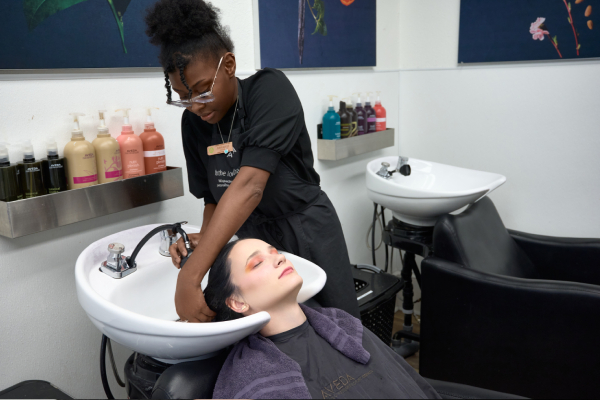
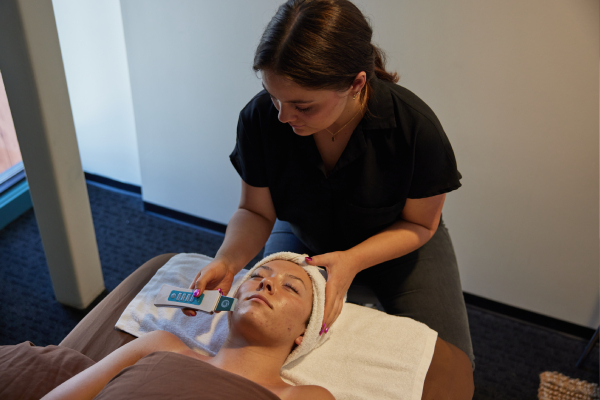
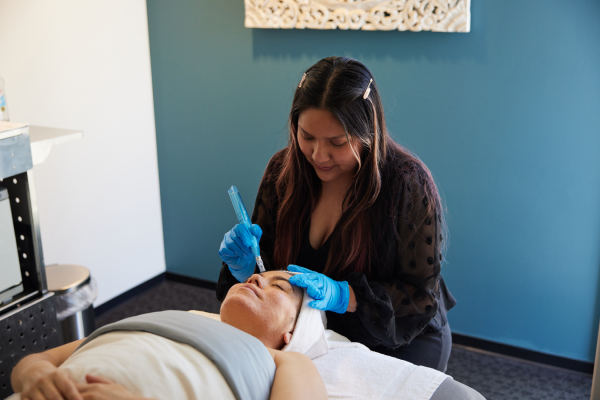

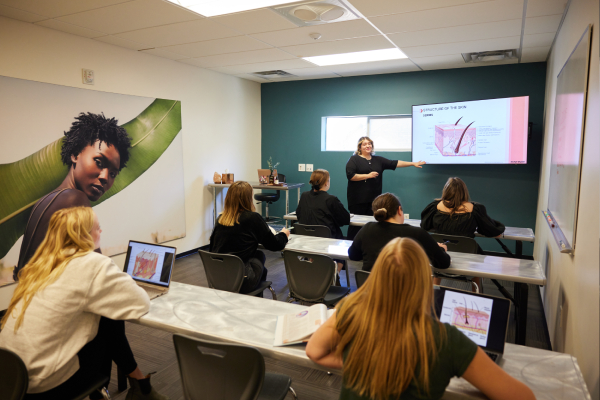

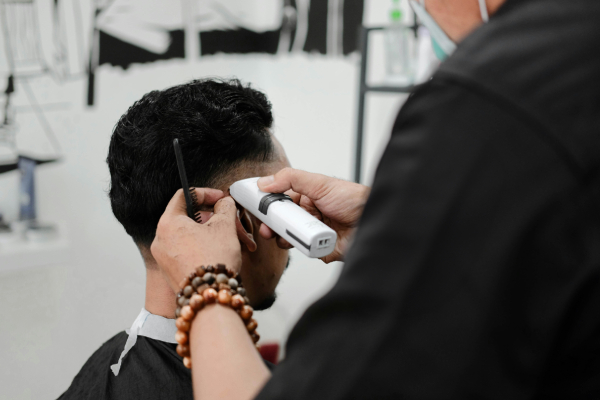

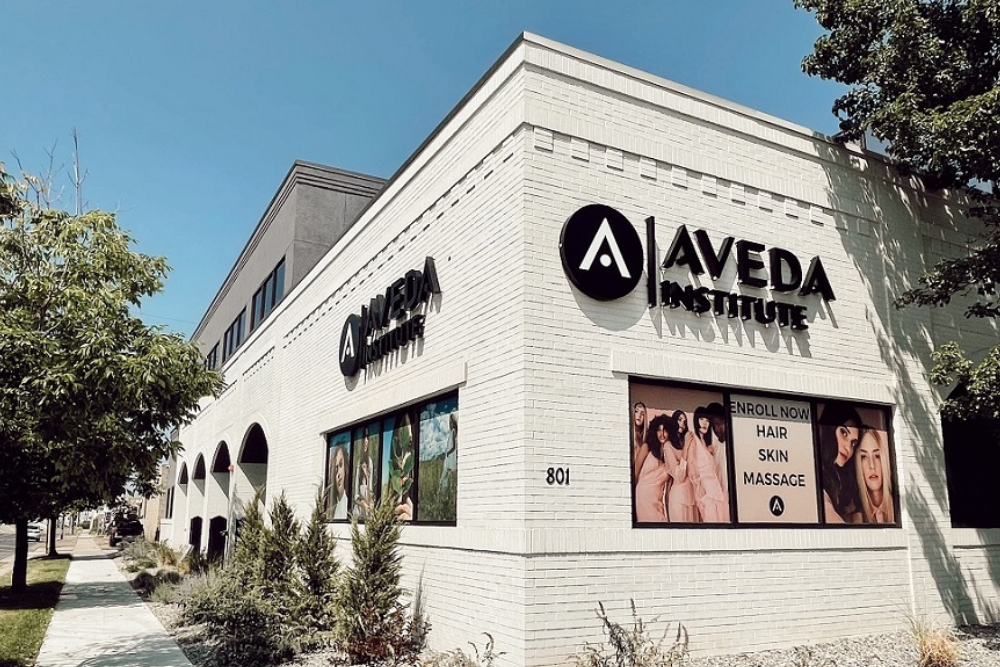




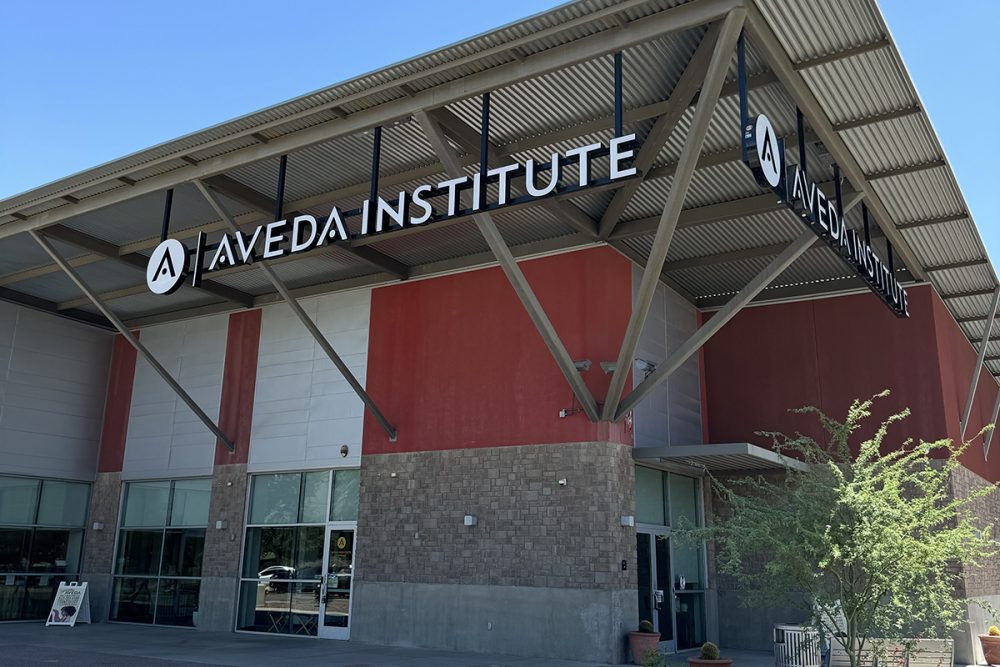










Leave a Reply
You must be logged in to post a comment.